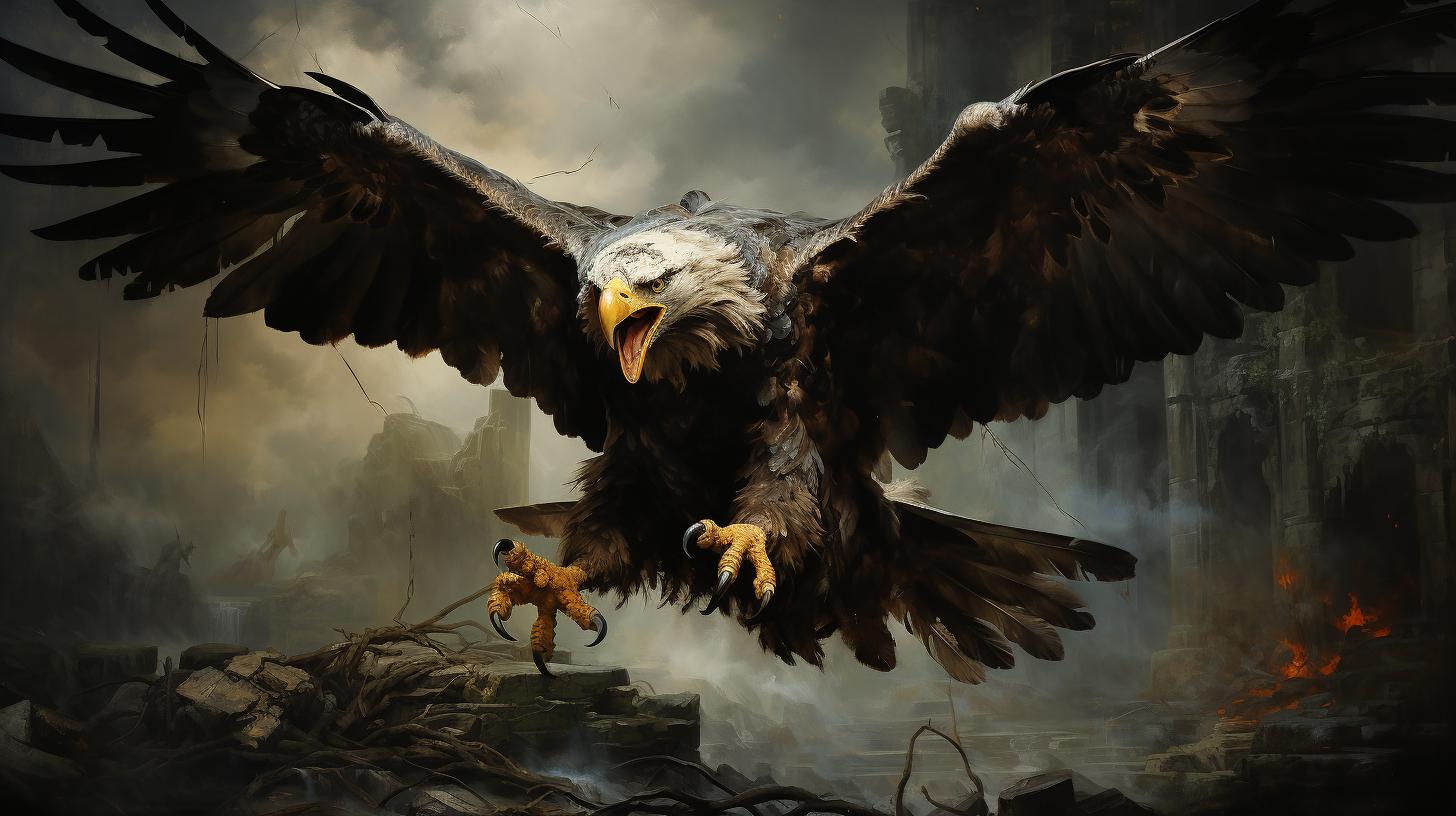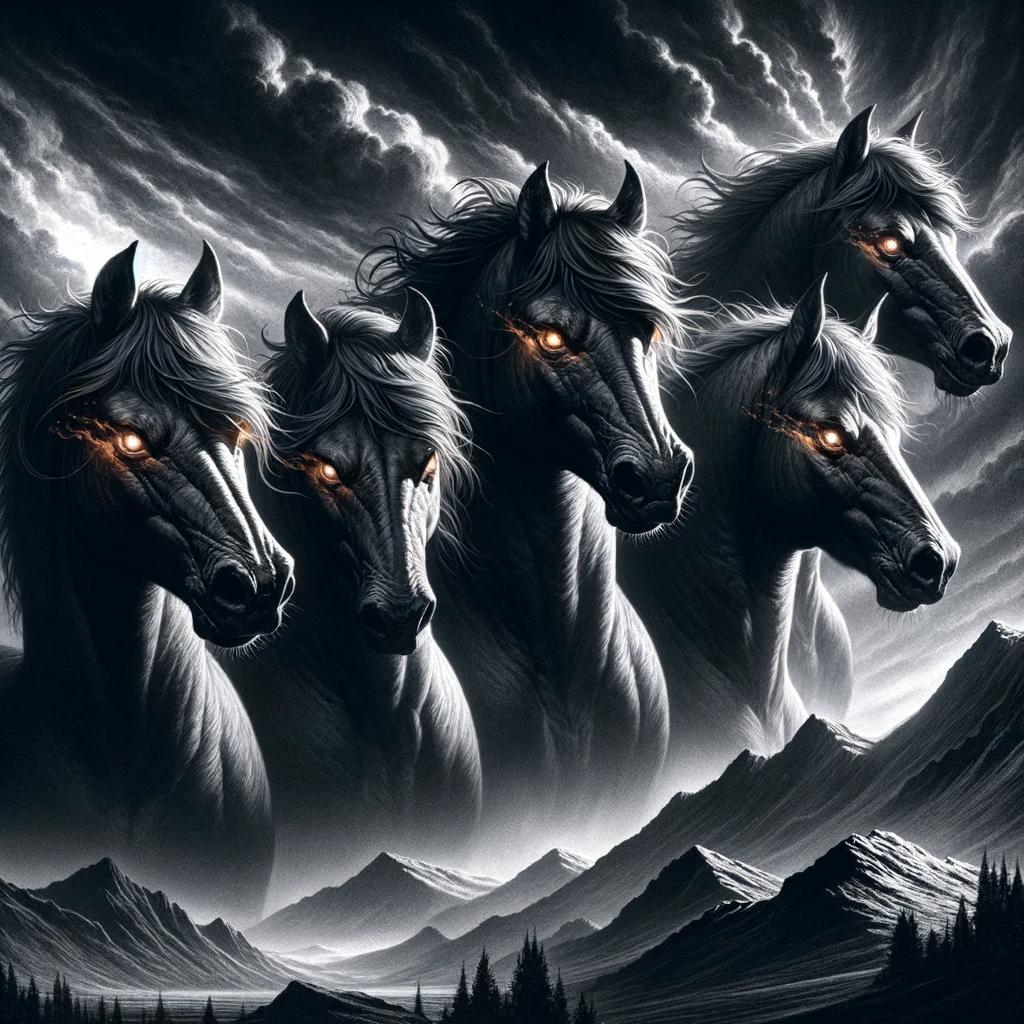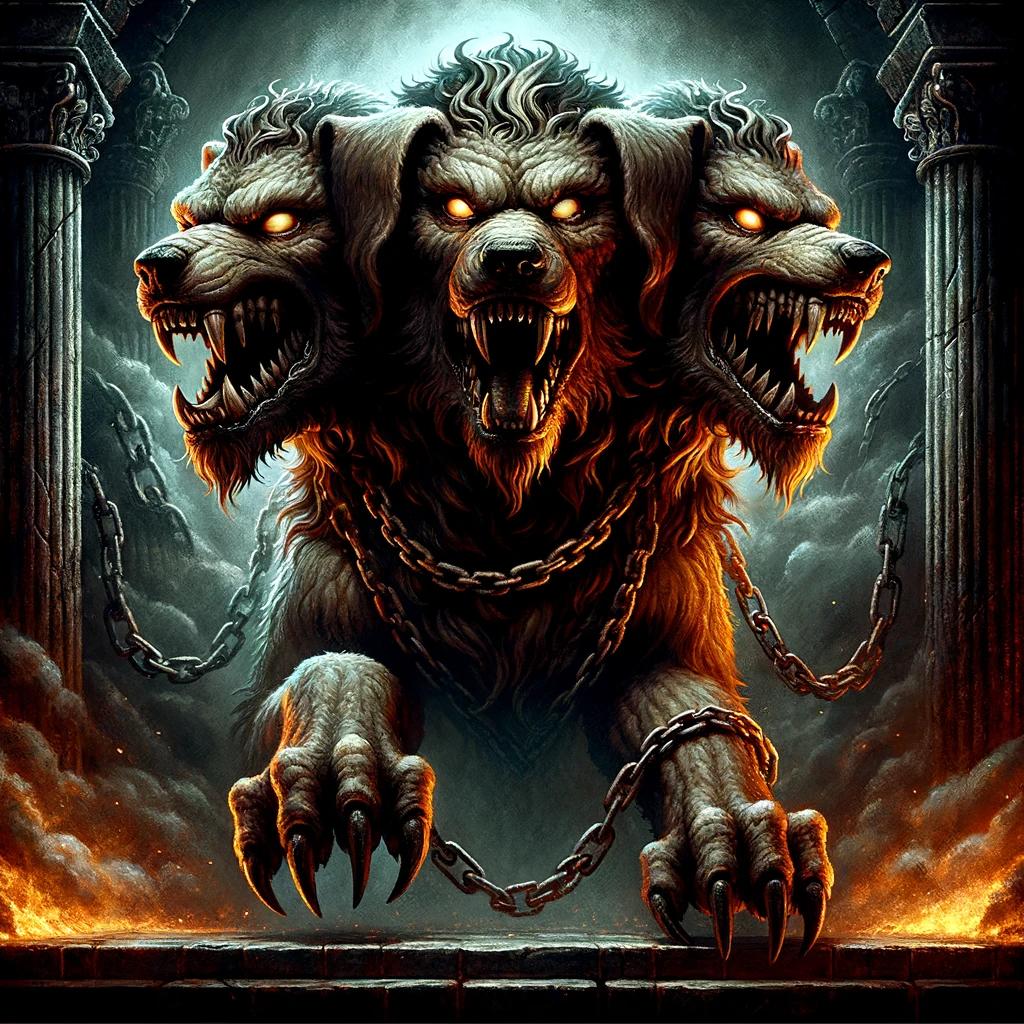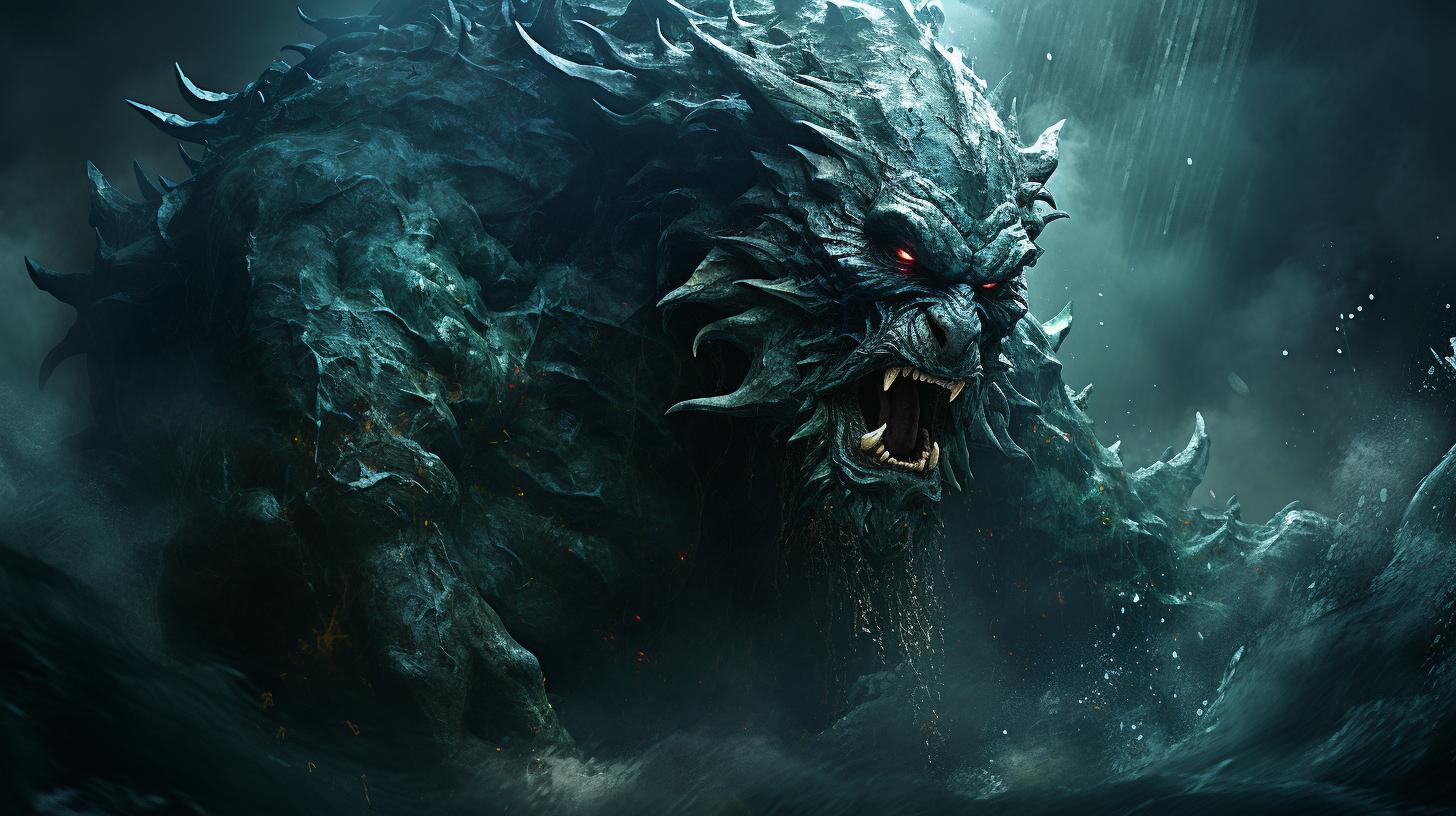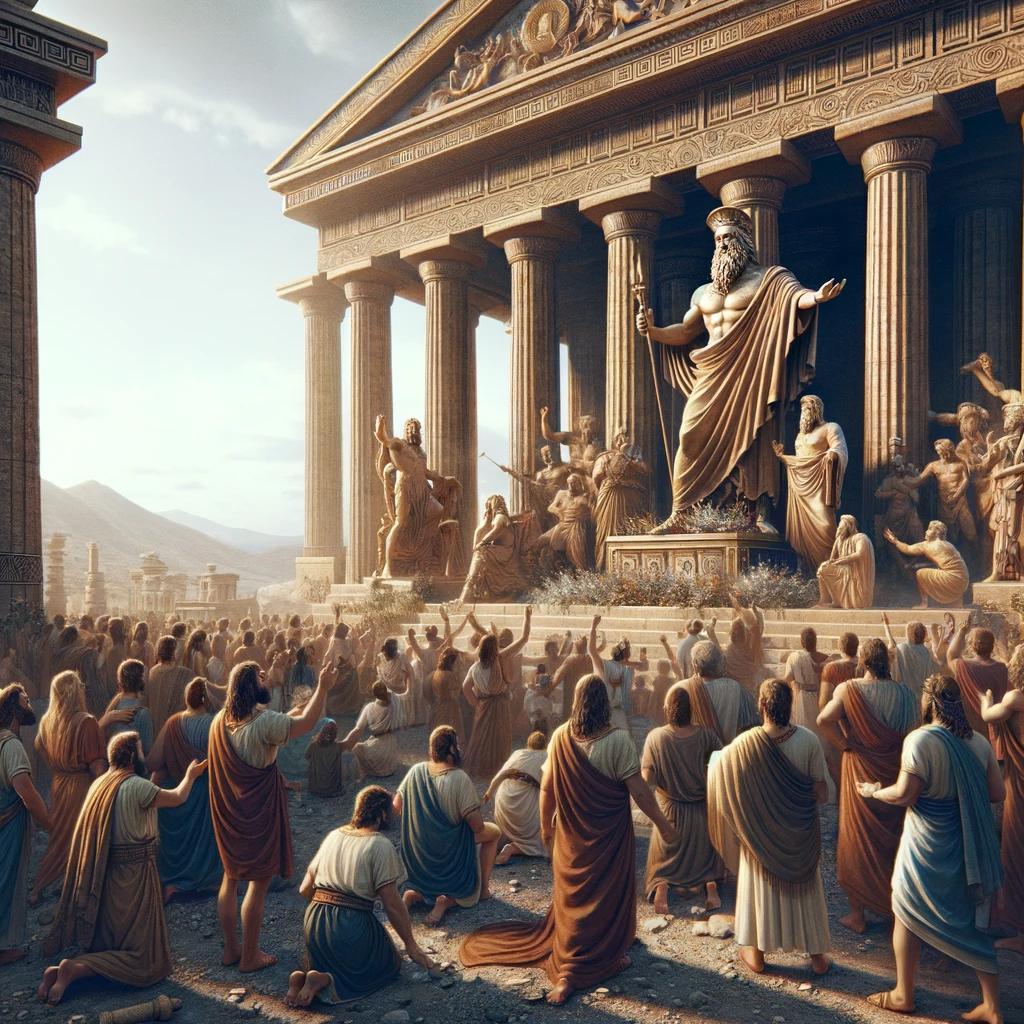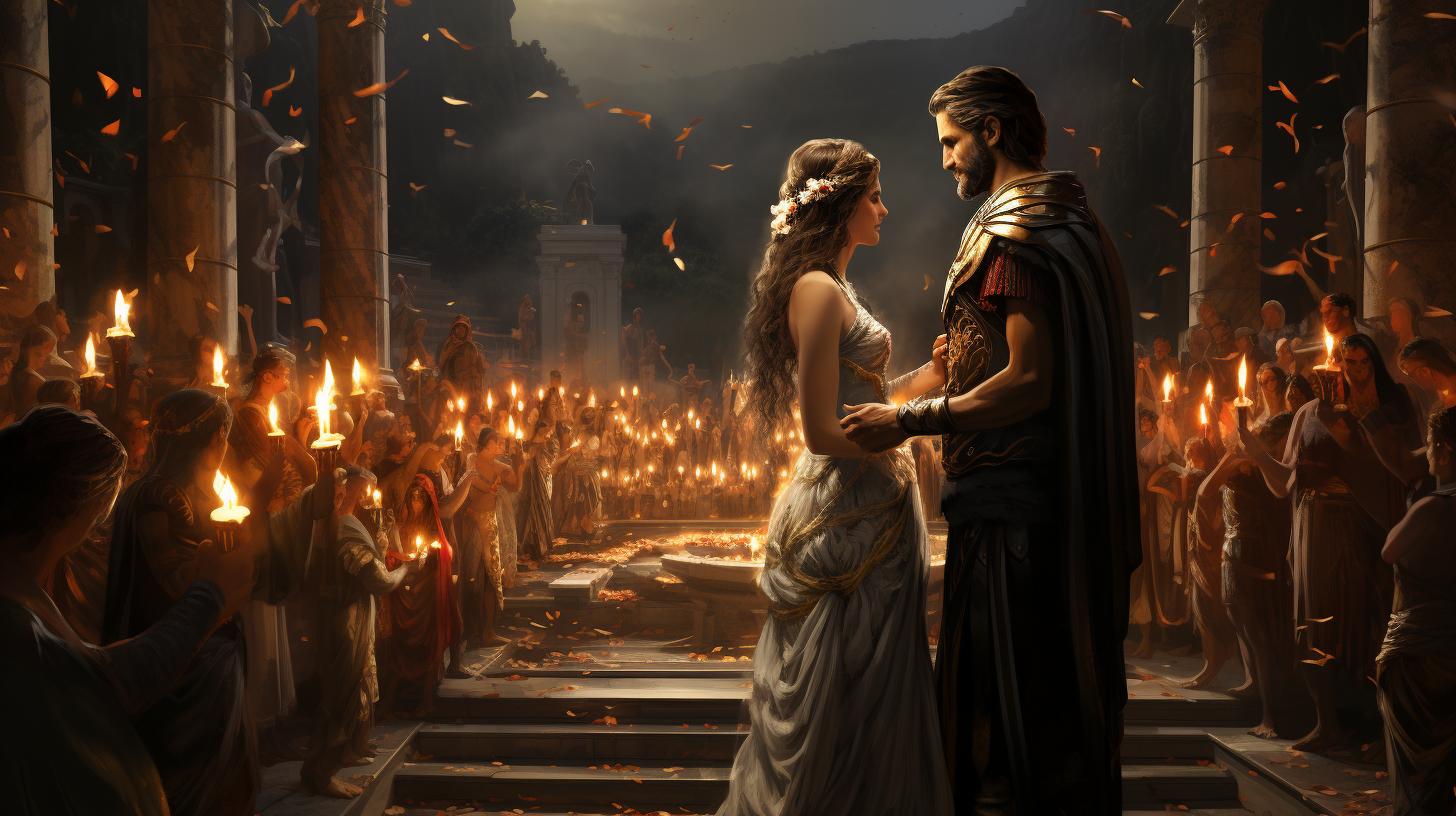Eagle Symbolism in Greek Mythology
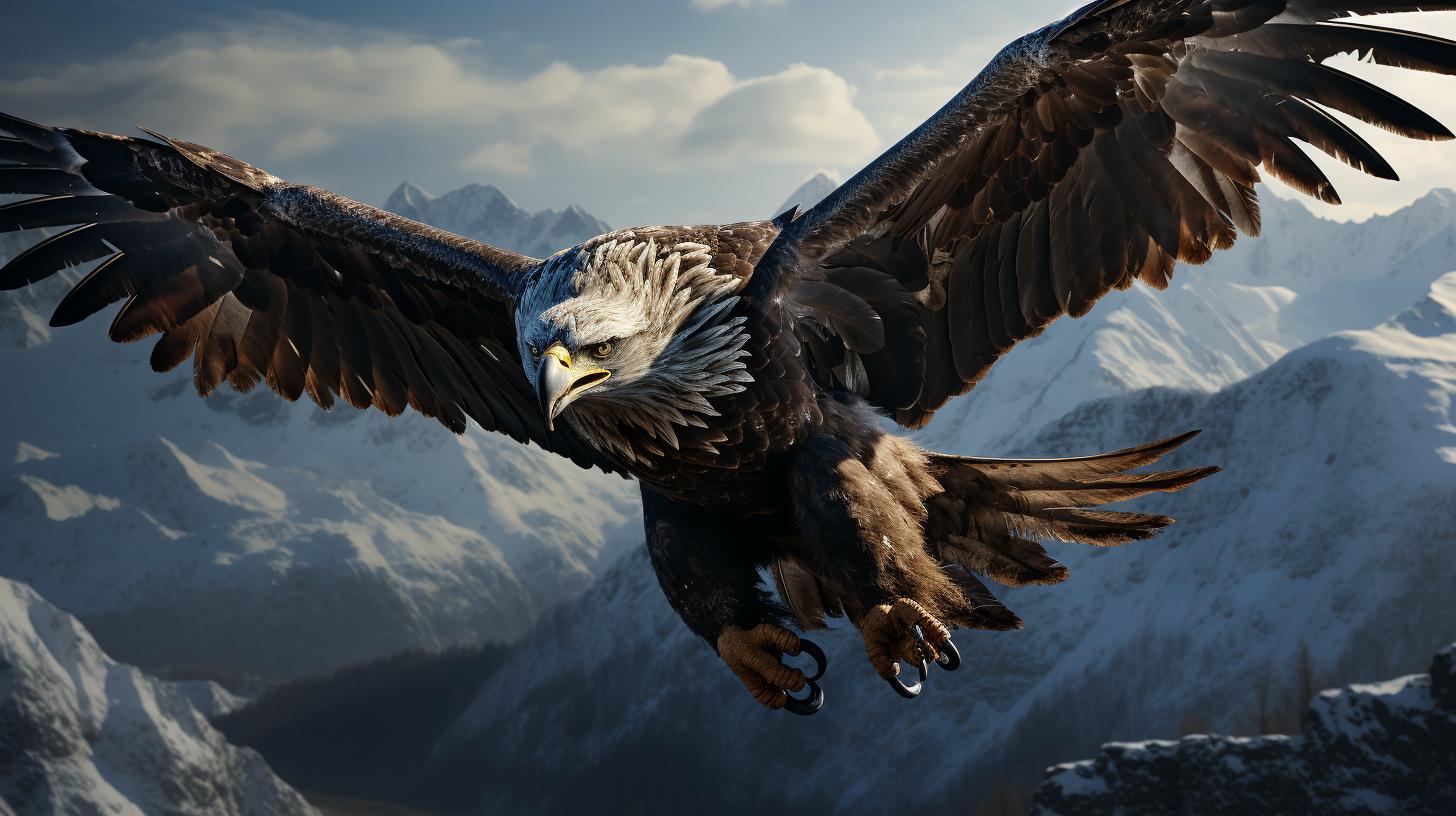
The Caucasian Eagle, a significant figure in Greek mythology, exemplifies the complex interplay between divine entities and mortal beings. This myth, centered around the omnipotent Zeus and his decree, features the relentless torment of the titan Prometheus by a mythological eagle.
This eagle, representing Zeus’s will, inflicts daily suffering upon Prometheus as part of his punishment for defying Zeus by stealing fire for humanity.
The symbolism of the eagle in Greek mythology is profound, embodying notions of power, freedom, and divine oversight. This narrative, deeply embedded in Greek culture, offers insight into the ancient Greeks’ worldview and their interpretation of divine justice.
Explore the multifaceted roles and symbolic meanings of the Caucasian Eagle and other mythical eagles in ancient Greece, unraveling the layers of symbolism in these ancient stories.
The Myth of the Caucasian Eagle
The Myth of the Caucasian Eagle is a storied tale from Greek mythology that captures the imagination. This narrative revolves around the enduring punishment of Prometheus by an eagle for his defiance against Zeus. The tale is not only a story of retribution but also a reflection on the limits of divine and mortal realms.
Let’s delve into the rich tapestry of this myth, examining the pivotal roles of Zeus, Prometheus, and the mythological eagle that connects them.
Origin and Background of the Myth
The tale of the Caucasian Eagle finds its roots in the ancient Greek epic tradition. Originating from classical texts like Hesiod’s “Theogony” and immortalized by tragedians such as Aeschylus, this myth delves into the consequences of challenging the divine authority of the gods.
It embodies the essence of Greek tragedy, weaving together themes of defiance, punishment, and the inexorable will of the gods.
The Role of Zeus in the Myth
As the king of the gods and the embodiment of divine authority, Zeus stands at the center of the Caucasian Eagle myth. His decision to punish Prometheus by chaining him to the rocks of Mount Caucasus and tasking an eagle to eat away at Prometheus’s liver each day underscores Zeus’s role as the arbiter of justice.
This narrative highlights Zeus’s complex character, balancing his role as a protector of divine order with the ruthless enforcement of his decrees. The eagle, born from the monsters Typhon and Echidna according to some legends, acts as Zeus’s instrument, inflicting Prometheus with never-ending torment as his liver regenerates each night.
Key Characters in the Myth
Key figures in the Caucasian Eagle myth include:
- Hephaestus: The god of fire and blacksmiths, responsible for forging the chains that bind Prometheus to the Caucasus, acting on Zeus’s orders.
- Prometheus: The titan who defies Zeus by stealing fire for humanity, embodying the struggle against divine tyranny.
- Io: A figure caught between divine machinations, transformed by Zeus and tormented by Hera, symbolizing the vulnerability of mortals to the whims of gods.
- Hera: Zeus’s wife, whose jealousy towards Io reflects the gods’ all-too-human emotions and flaws.
These characters, each with their own role and significance, contribute to the rich narrative fabric of the Caucasian Eagle myth, illustrating the interplay of divine will, punishment, and the quest for justice.
The Symbolism of the Caucasian Eagle
The Caucasian Eagle, tasked with punishing Prometheus by devouring his liver daily, embodies the relentless pursuit of divine retribution against those who transgress against the gods.
This myth, rich in symbolism, explores themes of endurance, the cyclical nature of suffering, and the inescapable reach of divine authority.
The Eagle in Greek Mythology
The eagle, as Zeus’s symbol, represents the zenith of strength, wisdom, and sovereignty. Its association with Zeus in Greek mythology underscores the eagle’s role as a messenger of the king of gods, executing his will in the realms of gods and men alike.
The depiction of the eagle in Greek art and literature, particularly its representation alongside Zeus, serves to reinforce its status as a divine emissary, embodying the connection between the celestial and the earthly, the sacred and the profane.
The Golden Eagle in Mythology
The Golden Eagle, revered in Greek mythology, symbolizes not only Zeus’s godly presence but also his ability to oversee and intervene in mortal affairs. This eagle’s mythological significance extends beyond its role in the story of Prometheus, reflecting the broader themes of divine surveillance, judgment, and the intricate balance of fate and free will.
The presence of the Golden Eagle in the mythos of ancient Greece highlights the omnipotent reach of Zeus, serving as a constant reminder of the gods’ active involvement in the world of mortals.
The Importance of the Eagle in the Caucasian Eagle Myth
The role of the eagle in the punishment of Prometheus underscores the themes of eternal suffering and the consequences of defiance. The daily torment inflicted by the eagle on Prometheus serves as a stark illustration of the price of rebellion against the divine order, emphasizing the eagle’s significance as a symbol of Zeus’s enduring authority and the relentless nature of divine punishment.
This narrative, woven into the fabric of Greek mythology, casts the eagle not just as a creature of the air, but as an instrument of divine will, executing Zeus’s judgment from the heavens.
- The eagle symbolizes power, wisdom, and divine authority.
- It is often associated with Zeus, the King of the Gods.
- The Golden Eagle represents Zeus’s omnipresence in mortal affairs.
- In the Caucasian Eagle myth, the eagle signifies enduring punishment and Zeus’s power.
The symbolism of the eagle in the Caucasian Eagle myth extends beyond the physical torment of Prometheus, reflecting larger themes of divine order, retribution, and the consequences of challenging the gods.
Understanding the role of the eagle in Greek mythology enhances our appreciation for the complexity and depth of the Caucasian Eagle myth, offering insights into the cultural and symbolic significance it held in ancient Greece.
The Story of the Caucasian Eagle
The Birth and Early Life of Zeus
Zeus, the King of the Gods, had an intriguing beginning. Born as the youngest son of the Titans Kronos and Rheia, Zeus faced the threat of being overthrown by his father.
Kronos feared this prophecy and devoured Zeus’s siblings at birth. Fortunately, Rheia saved Zeus by tricking Kronos, swapping him with a stone wrapped in swaddling clothes.
Zeus spent his early years in secret, hidden away on Mount Dikte in Krete.
There, he was nurtured by nymphs who fed him with milk from the goat Amaltheia. The protection of the warrior Kouretes shielded Zeus during this crucial period of his life.
Zeus and the Titanomachy
In his youth, Zeus enlisted the help of the goddess Metis, who played a pivotal role in defeating Kronos. Metis concocted a plan that caused Kronos to regurgitate the gods he had swallowed.
This event marked the beginning of Zeus’s reign and the overthrowing of the Titans.
Zeus’ rebellion extended to freeing the six Sky Giants from the depths of Tartarus. Grateful for their liberation, the Cyclopes bestowed Zeus with thunderbolts, while the Hecatoncheires aided in his battle against the Titans.
These allies played crucial roles in establishing Zeus’ supremacy and asserting his authority over the gods.
The Torment of Prometheus by the Caucasian Eagle
One of the most prominent stories involving Zeus is the torment of Prometheus, a titan who angered Zeus by stealing fire and giving it to humans. As punishment, Zeus sentenced Prometheus to be bound to a rock in the Caucasus Mountains, where he would face eternal torment from the Caucasian Eagle.
Every day, the long-winged eagle would swoop down and devour Prometheus’s regenerating liver, only for it to grow back overnight. This relentless punishment embodied the consequences of challenging the gods and symbolized Zeus’ dominion over mortals and immortals alike.
Hercules, in a tale of heroism, freed Prometheus from his bonds, killing the eagle and delivering the titan from his chains.
The story of the Caucasian Eagle reveals Zeus’s role as a powerful and sometimes merciless deity in Greek mythology.
From his early years and involvement in the Titanomachy to the torment of Prometheus and the intervention of Hercules, Zeus’s actions shape the fabric of Greek mythology and leave a lasting impact on ancient Greek culture.
Connections to Other Myths and Gods
Zeus and Hera in Greek Mythology
In Greek mythology, Zeus and Hera were a prominent divine couple, known for their complex and turbulent relationship. Zeus, the King of the Gods, was Hera’s brother and husband.
Despite their status as a power couple, their marriage was often strained due to Zeus’ numerous infidelities, and Hera’s jealousy and vengeful nature. Their tumultuous dynamic became a recurring theme in Greek mythology, with many myths featuring their conflicts and reconciliations.
Zeus and Athena in Greek Mythology
Athena, the goddess of wisdom, was one of Zeus’ most beloved children. According to mythology, Athena was born fully grown and armored from Zeus’ forehead. She became one of the most revered and respected figures among the Olympian gods.
Zeus had a close relationship with Athena, often seeking her counsel and involving her in important decisions. Together, they exemplified the dynamic between a wise and strategic father and a wise and resourceful daughter.
Zeus and Heracles in Greek Mythology
Heracles, also known as Hercules, was Zeus’ favorite mortal son. Zeus supported and guided Heracles throughout his legendary twelve labors, making him one of the most celebrated heroes in Greek mythology.
Their relationship showcased Zeus’ paternal side and his willingness to aid and protect his children. Heracles’ journey and accomplishments were a testament to Zeus’ favor and guidance, solidifying their bond and immortalizing Heracles’ name in Greek mythology.
These various connections between Zeus and other gods and heroes in Greek mythology highlight the complex and multifaceted nature of Zeus’ role as the King of the Gods.
Whether through marriage with Hera, guidance to Athena, or support for Heracles, Zeus played a significant role in shaping the mythological world and establishing his presence as the dominant deity in Greek mythology.
The Influence of the Caucasian Eagle Myth in Ancient Greece
The myth of the Caucasian Eagle, which was a significant figure in ancient Greek culture, left an indelible mark on various aspects of society. From depictions in art to its profound influence in literature, the myth became deeply ingrained in the collective consciousness of the ancient Greeks.
This eagle was born from Typhon and Echidna and was sent by Zeus to punish Prometheus by eating out his heart, which was constantly renewed each day, symbolizing eternal punishment for defying the gods.
Depictions of the Myth in Ancient Greek Art
Ancient Greek art often depicted scenes related to the Caucasian Eagle myth, showcasing the suffering of Prometheus and the torment inflicted by the eagle. These artistic representations served as visual reminders of the consequences of defying the gods and the importance of order and loyalty in Greek society.
The Significance of the Myth in Ancient Greek Culture
The Caucasian Eagle myth held great significance in ancient Greek culture and beliefs. It symbolized the consequences of challenging the authority of the gods and the importance of maintaining order and hierarchy within society.
The myth served as a moral lesson, emphasizing the need for obedience and respect towards divine power.
- The myth highlighted the concept of hubris, warning against excessive pride and arrogance.
- It reinforced the idea of divine justice, as Prometheus faced eternal punishment for his defiance, bound to Mount Caucasus with iron spikes while the eagle which was constantly renewed, ate out his heart, only for it to grow back each night.
- The myth also highlighted the power dynamics between gods and mortals, emphasizing the absolute authority of the gods and the importance of human submission.
The Legacy of the Caucasian Eagle Myth in Greek Literature
The Caucasian Eagle myth played a significant role in Greek literature, influencing renowned works and inspiring subsequent generations of writers.
Hercules, Zeus’ son, killed this eagle and freed Prometheus, showcasing the triumph of heroism over divine retribution.
The endurance of this myth in literary tradition is a testament to its enduring importance:
- The myth’s themes and symbolism can be seen in the tragedies of Aeschylus, Sophocles, and Euripides, reflecting the ideas of divine justice and the consequences of defying the gods.
- Prometheus Bound by Aeschylus depicts Prometheus’ suffering and his refusal to yield, exploring themes of rebellion and the endurance of the human spirit.
- The influence of the Caucasian Eagle myth can also be seen in later works, such as Percy Bysshe Shelley’s poem Prometheus Unbound, demonstrating its lasting impact on Western literature.
In conclusion, the Caucasian Eagle myth had a profound influence on ancient Greek society, inspiring artistic depictions, shaping cultural beliefs, and leaving a lasting imprint on Greek literature.
Its exploration of divine justice, obedience to authority, and the consequences of hubris continue to resonate with audiences today.
.

